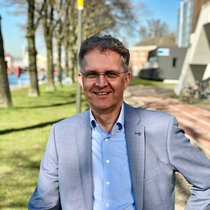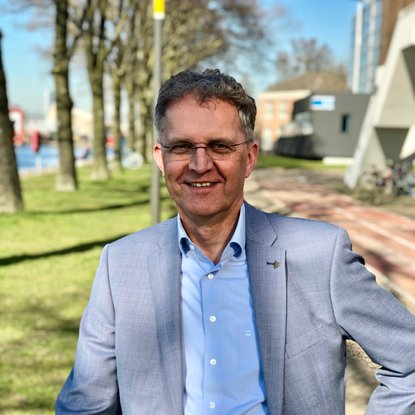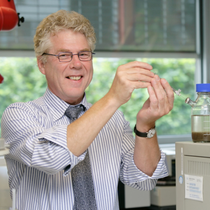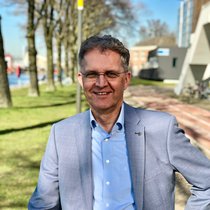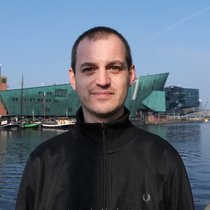In 2022, Amsterdam hosted ca. 890.000 citizens in about 450.000 households (CBS, 2023). Together, these households generated an estimated 120 mln. kg of organic waste, including garden waste, amounting to 100 kg organic waste per citizen (or 199 kg per average household). In addition, an estimated 68 mln. kg of organic waste is generated by restaurants, food retail and food manufacturing in the city, which adds up to a total of 188 mln. kg organic waste at the city level. Of this, ca. 25% has been collected and processed separately, meaning that the large majority is currently incinerated (Viva et al. 2020).
Bin2Beans aims to significantly increase the separate collection of organic waste to obtain such a quality that it can serve as a soil improver in the city of Amsterdam. The project entails 3 living labs: Amsterdam, Hamburg and Egaleo.

“The project focus appears to be on collection and processing of food waste, but it goes even further: improving the quality of the Amsterdam soil.”
Willie van den Broek
Program Developer
Biowaste collection
Amsterdam aims at increasing separate kitchen and garden waste collection from the current 1.3% (CBS, 2023) to 73% by 2030 (Gemeente Amsterdam, 2020). To this end, an action plan has been developed, including a participatory district4district approach, campaigns to raise awareness and to change household behavior, and the use of spatial planning tools to create space for collection and recycling of biowaste, among others. Challenges to stimulate the separation of kitchen and garden waste include the avoidance of organic waste, the collection of biowaste in the small restaurant dense streets of the city center, waste separation and collection in districts with a high number of high-rise buildings, and the reduction of impurities in collected biowaste, among others.
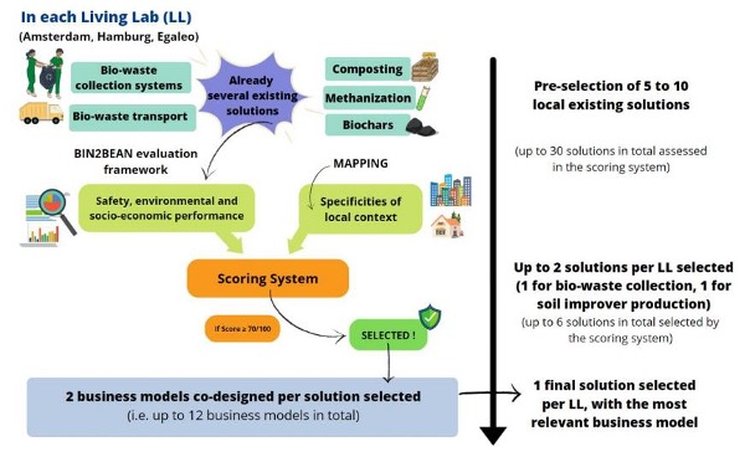
Soil improvers
Amsterdam aims at multiplying circular biowaste initiatives at the local level, including worm hotels, aerobic composting, anaerobic composting, and mulching (“micro-level”), as well as increasing the flow of industrial compost in large scale facilities (“macro-level”). In addition, Bin2Bean will develop and test soil improvers from biowaste grinders installed in high-rise buildings (“meso-level”). For all solutions towards soil improvers, the main challenges include (improving) the quality of end-products for use in circular food systems, (adapting) the regulatory framework to allow the use of biowaste as soil improvers in regenerative soil systems, (raising) user acceptance of soil improvers from biowaste, and (overcoming) financial and economic challenges of circular biowaste initiatives.
Bin2Bean Consortium at the Kick-off meeting in Milan
| Duration: |
|
| Related Information: |
Principal Investigators
Project members
Partners








